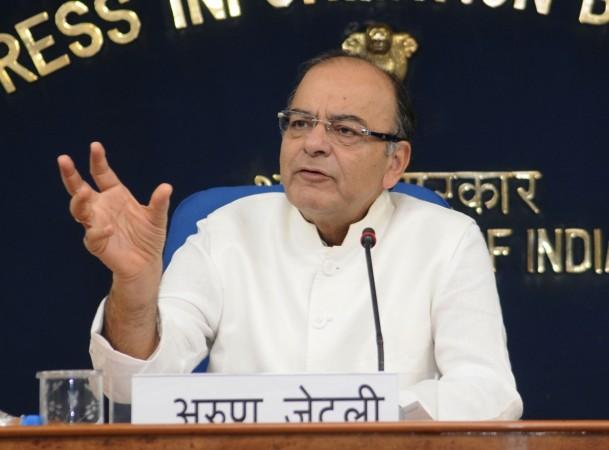
A meeting by the government and state-run banks on Monday to relieve the latter's bad-loan burdened balance sheets ended with the banks asked to propose a "commercially prudent" mechanism for settlements, reported Reuters. Finance Minister Arun Jaitley after discussing with top public bankers said a proposal would be suggested by the banks themselves.
Reuters, however, citing access to the bank's proposal already on the cards, said a steering committee of top five banks with largest holding of bad debt would be set up. The committee is expected to analyse why the loans turned sour and recommend steps ranging from management reshuffle at the bank to restructuring of loans within debtor entities.
Suggestion for a management change would be only in case of an adverse finding by the committee. Such a finding would also mean the banks would seek for a bidder to buy out stressed asset. If no bidder comes forward, and in case of no adverse reporting by the panel, the loan would be deeply restructured with existing promoters, reported Reuters.
"The government is fully committed to supporting the banks in this regard," said Jaitley. Once the decision for a deep restructuring is reached by the panel, the government will empower the banks to act on decisions made, and avoid facing the music politically or publicly. It would provide legal protection and support for recovery of loans, said the minister.
The government in the budget 2016 allotted Rs. 25,000 crore for helping bad loan-laden bank and promised further disbursal of funds when needed. Indian banks today have $120 billion in stressed loan category, 70 percent of it is held by public sector banks. India's growing economy is directly dependent on these banks' ability to lend, which recently fell to a 12 year low.
With private investment still low, India's economy has been primarily dependant on the government investment and consumer spending, which further risks rapid growth in inflation.













